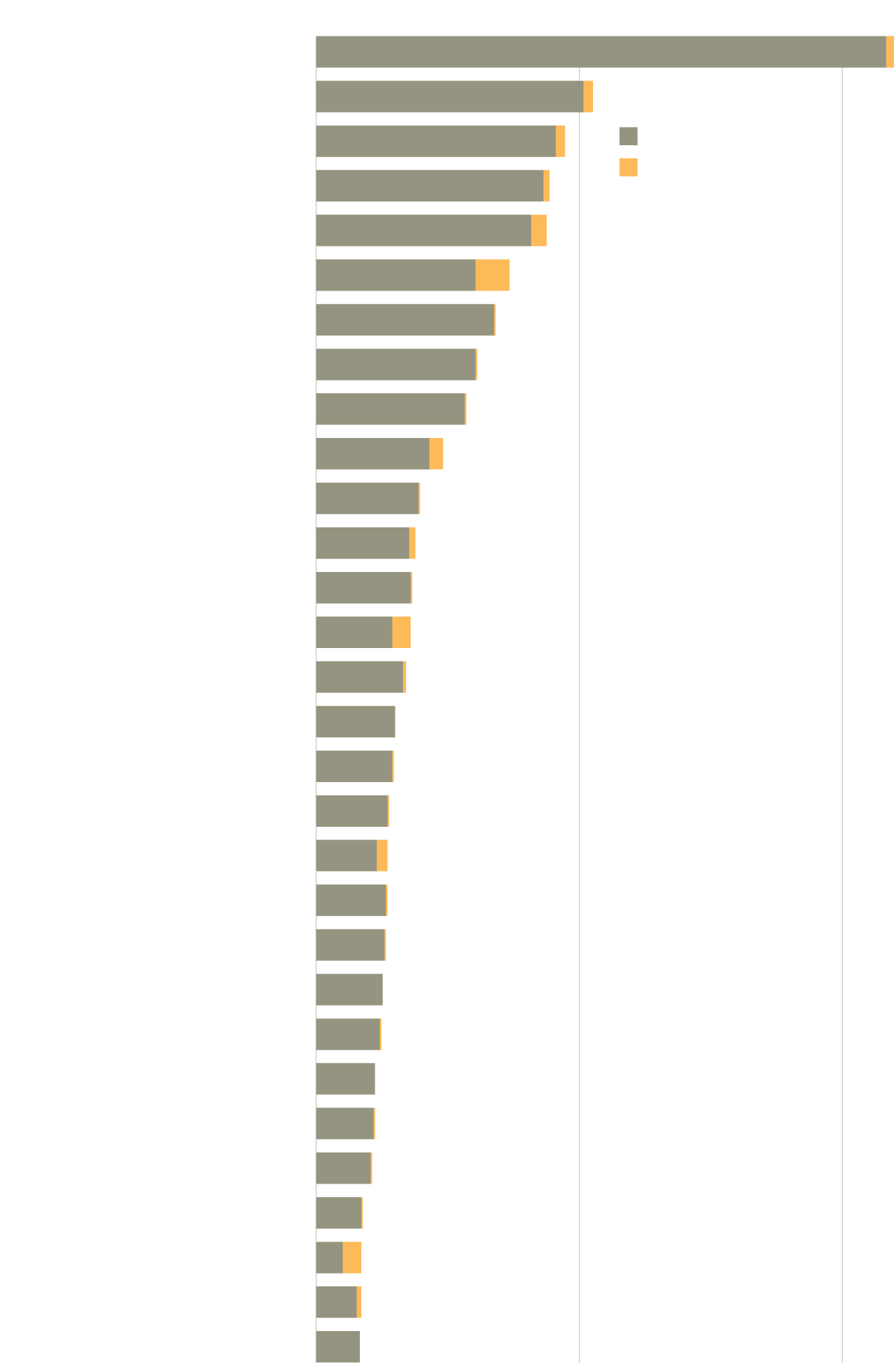AKRON, Ohio — Colin Robertson wonders why he pays federal taxes on the $18,000 a year he makes cleaning carpets, while the tech giant Amazon got a tax rebate.
His concerns about a tilted economic playing field recently led Mr. Robertson to join the Akron chapter of the Democratic Socialists of America. At a gathering this month, as members discussed Karl Marx and corporate greed over chocolate chip cookies, it wasn’t long before talk turned to income inequality and how the government helps the wealthy avoid taxes.
“One of the benefits of taxation is taking it and using it for the collective good,” said Mr. Robertson, 25, comparing his minimal income to the roughly $150 billion net worth of Jeff Bezos, Amazon’s chief executive and the world’s richest person.
“He could be taxed at 99.9 percent and still have millions left over,” Mr. Robertson said, “and I’d be homeless.”
It’s a topic that several presidential candidates, led by Senators Bernie Sanders and Elizabeth Warren, have hammered recently as they travel the campaign trail, spurred by a report that 60 Fortune 500 companies paid no federal taxes on $79 billion in corporate income last year. Amazon, which is reported to be opening a center in an abandoned Akron mall that will employ 500 people, has become the poster child for corporate tax avoidance; last year it had an effective tax rate of below zero — receiving a rebate — on income of $10.8 billion.
For decades, profitable companies have been able to avoid corporate taxes. But the list of those paying zero roughly doubled last year as a result of provisions in President Trump’s 2017 tax bill that expanded corporate tax breaks and reduced the tax rate on corporate income.
“Amazon, Netflix and dozens of major corporations, as a result of Trump’s tax bill, pay nothing in federal taxes,” Mr. Sanders said this month during a Fox News town hall-style event. “I think that’s a disgrace.”
Corporations’ ability to whittle down their tax bills has long been a target of criticism by Democrats, and this presidential campaign is no exception, particularly among left-wing candidates who argue that corporations should be accountable for wage inequality and its impact on low- and middle-income workers.
Though both parties have sought to lower the top corporate tax rate in the last decade — President Barack Obama proposed lowering it from 35 percent to 28 percent — Republicans in 2017 pushed it down to 21 percent, in addition to expanding some generous tax breaks. The new law allowed immediate expensing of capital expenditures, for example, in order to goose investment. That was one of the primary reasons that more corporations paid no federal taxes, according to the report.
Mr. Trump and his Republican allies argued that the tax changes would stimulate investment and economic growth. That has happened, though not by as much as they predicted.
Here in Ohio, even though unemployment has hit an 18-year low, several counties still have jobless rates significantly higher than the national rate, 3.8 percent, and the statewide rate, 4.4 percent. Ohioans have witnessed so many factory closures over the years that they seem to live with a permanent sense of economic wariness. The question for Democrats is how to leverage that to their advantage as they try to retake the state, which Mr. Trump won by 8 percentage points in 2016.
David Betras, the Democratic chairman in Mahoning County, a traditionally blue stronghold of union voters that President Trump nearly carried in 2016, said that Democrats had not yet figured out how to use the economic angst of laid-off employees and minimum-wage workers to defeat Mr. Trump in Ohio in 2020.
“Believe it or not, if you listen to the president, he addresses that issue,” Mr. Betras said. “He does it with a lot of smoke and very many mirrors, but he’s at least talking about how good the economy is and what I’ve done for you. ‘I’m with you. I have your back.’”
Even as candidates focus on corporate taxation, Mr. Betras said the issue didn’t resonate with voters in the same way as more familiar topics like health care or immigration. (Mr. Betras, a lawyer, has endorsed Representative Tim Ryan of Ohio for the Democratic nomination.)
A Gallup poll last fall suggested that taxes were generally a more important issue for Republicans than for Democrats.
